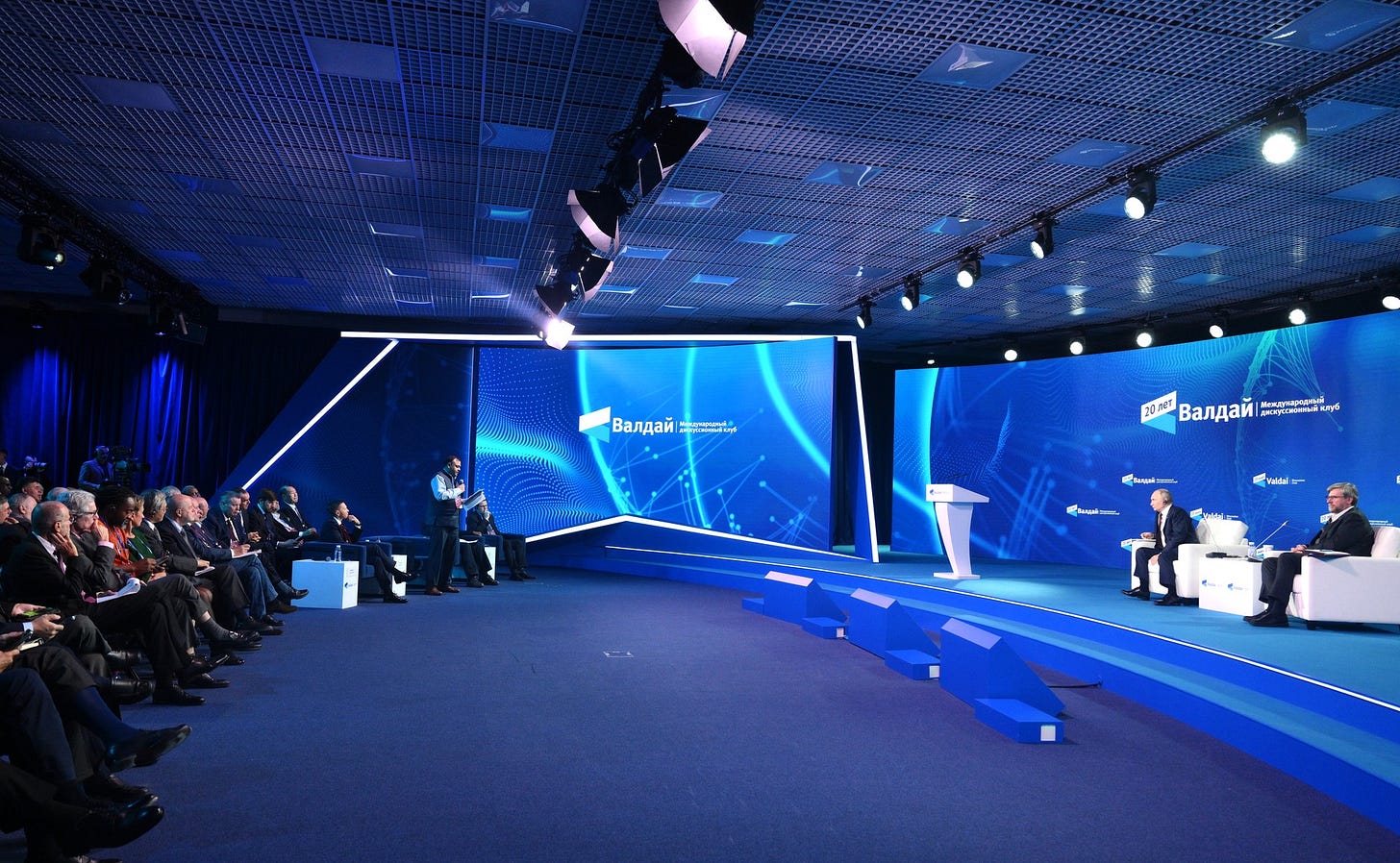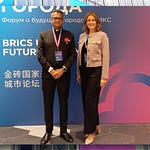The Valdai Discussion Club's 2024 report examines the concept of the "World Majority," a diverse group of countries that have chosen to eschew Western sanctions against Russia and instead pursue more independent policies. The report delves into the motivations, interests, and potential consequences of this group's ascendance, emphasizing its implications for the dynamics between Russia, the West, and China.
The discourse surrounding international relations is increasingly acknowledging a shift from a unipolar world, characterized by the dominance of Western powers in the 1990s, to a multipolar framework. This transformation is reflected in the emerging political lexicon, which now includes terms such as "Political East," "Political West," "Global South," and "World Majority." These terms underscore a more democratic and diverse global order, opposing the traditional West vs. Rest dichotomy.
The concept of a "World Majority" embodies a collective identity that prioritizes diversity rather than commonality, challenging the historical narrative of Western universality. It reveals the shortcomings of Western political liberalism and market economies, often presented as universal truths, despite being culturally specific to the West. This imposition of Western values has frequently involved colonial and imperial violence, suggesting that genuine cooperation should not require countries to abandon their unique identities.
The BRICS group stands out as a significant manifestation of this "World Majority," aiming to create alternatives to Western-dominated institutions. With a recent expansion that welcomes new members, BRICS solidifies its role in promoting diversity and multipolarity in global governance. Initiatives such as a proposed grain stock exchange and trade in local currencies illustrate practical steps toward establishing a more inclusive financial landscape.
Ultimately, the notion of a "World Majority" can be interpreted as synonymous with "international plurality," contrasting sharply with the Western-centric idea of an "international community." This linguistic shift encourages the development of a post-Western order, which values and respects diversity. The ongoing discussions at platforms like the Valdai Discussion Club highlight the importance of these concepts in reshaping international relations, and fostering a future that embraces pluralism and collective action among nations.













